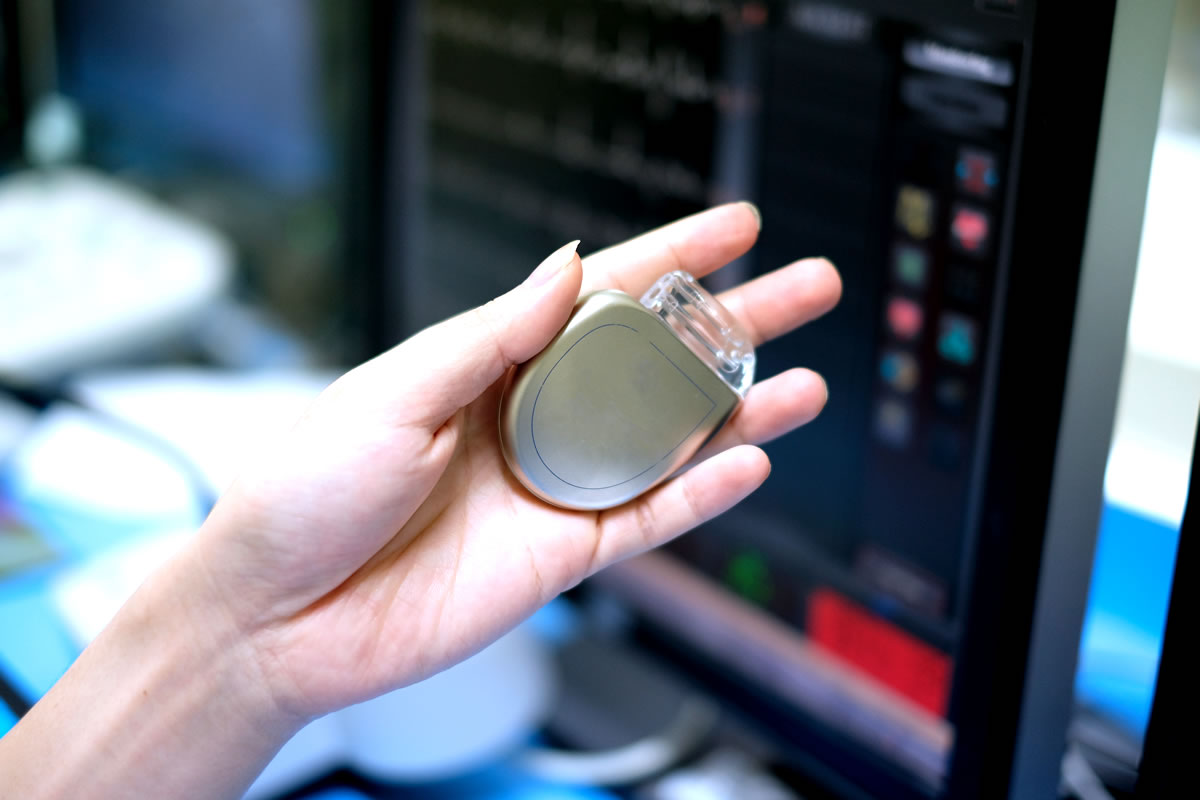Get in Touch
- 11410 NE 124th St. #334 Kirkland, WA 98034
- 425-999-5386
- info@oneitem.com

When the device is triggered, the effect on some people can be jarring. Some get used to it, and others find coping difficult. However there are some things that you can do to minimize a fearful response.
For additional insight into this important factor, visit these online resources:
AHA Journal – Dr Sam Sears and Jessica Ford
https://www.ahajournals.org/doi/10.1161/CIRCULATIONAHA.112.127563
American Heart Assn – Go Red for Women
Lastly, having a stable home and family structure helps to keep stress and worrying to a minimum.
